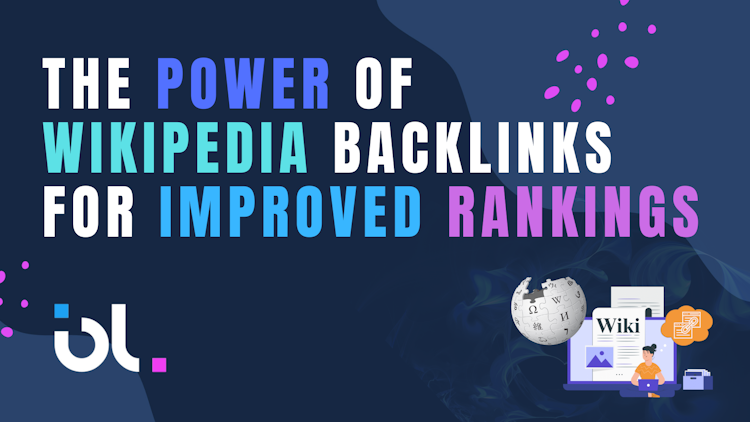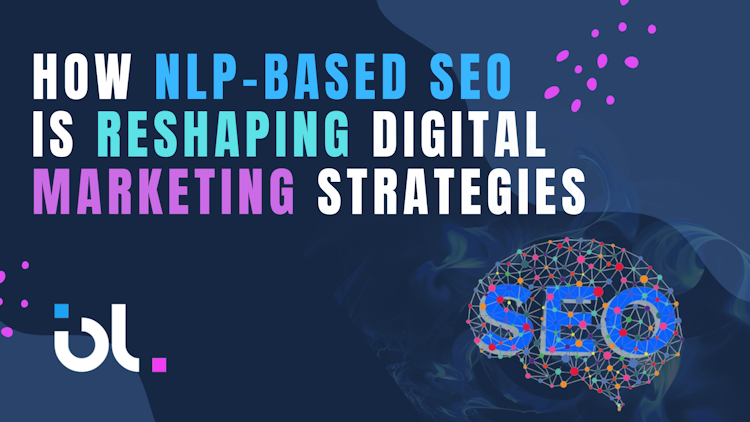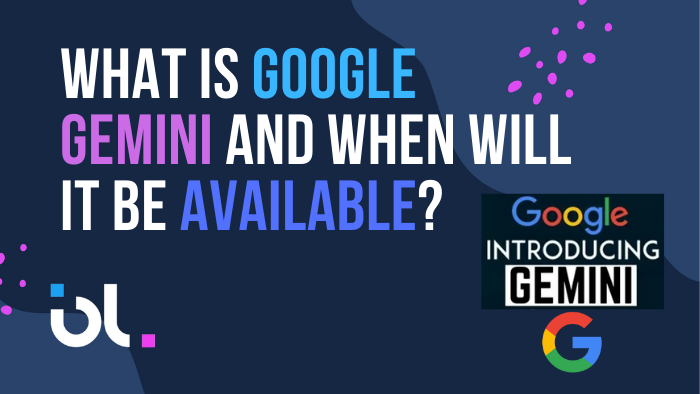Although the general public has not yet had a chance to evaluate Gemini’s effectiveness, Google has provided chosen businesses with access to its new LLM so that they may test it out. How does this compare to other options? Let’s find out, shall we?
What Exactly Is Google Gemini?
Google Gemini is a relatively new feature on Google’s digital road map, with an emphasis on artificial intelligence. Gemini, Google’s “flagship AI,” is not a single LLM but rather a “group of large AI models” built for effective interaction with a wide variety of tools and application programming interfaces.
Despite the fact that there is a lack of information on the technology, Google’s statement in May implies that the service will use a similar approach to GPT-4’s model architecture and provide access to a variety of features. In addition, Google has hinted that, similar to PaLM 2, Gemini will be made accessible in a variety of sizes and formats when it eventually becomes completely available.
According to reports, Google Gemini can create both pictures and text as a result of its training, which includes the use of video transcripts from YouTube. It is also said to have excellent coding capabilities, according to rumors. Gemini will be progressively integrated into all of Google’s products, including the Bard Chatbot and Google Workspace. This technique is similar to the one that Microsoft used with its Copilot product.
In addition, Google has announced that it will make Gemini accessible to developers through the Google Cloud later this year. According to J. Dean, Google’s Chief Scientist, the next-generation model would make use of Google’s artificial intelligence infrastructure, called “Pathways,” to allow scale and personalization.
The Path That Leads to Gemini
The most recent advancements that Google has made in the field of artificial intelligence should not come as a surprise. Even before GPT-3 became popular, Google had been working in the background to develop its own AI infrastructure in order to better serve the demands of its users.
In 2018, Google introduced a voice-activated artificial intelligence assistant called Duplex, which was capable of making phone calls and reserving tables at restaurants on the user’s behalf. In addition to this, Google introduced BERT in October 2019 with the intention of improving natural language understanding (NLU) for search queries.
Gemini seems to be the pinnacle of Google’s efforts and is without a doubt the most extensive language model that the firm has developed to this point. This enhancement in size isn’t just for show, though; it’s also functional. According to Hassibis, they were able to bring the mistake rate down from 10% to just 1%, which is a significant advancement.
Insights into Gemini Performance
Because there is a dearth of information about the capabilities of Google Gemini, you may assume that the instrument will be very comparable to a great deal of other significant language models. Nevertheless, there are analysts such as “SemiAnalysis” who believe the tool may perform better than current models such as GPT-4.
Gemini, for example, is more customizable than the service provided by OpenAI. It is able to deal with many different types of data and jobs without requiring much fine-tuning. In addition to this, it is able to learn from a wide variety of domains and sets of data without being constrained by labels or categories that have already been established.
In addition to this, Gemini’s highly developed skills for reinforcement learning contribute to its exceptionally creative nature. It is able to develop innovative outputs that go beyond the insights it can obtain from training data. In addition to this, Gemini is not constrained to a particular mode of operation. It is able to provide a variety of outputs in a number of different file formats.
According to SemiAnalysis, this instrument has power that is five times greater than that of the most sophisticated GPT-4 systems now available on the market. They also imply that the solution may be 20 times more effective than ChatGPT within a few years’ time.
When will Google Gemini be Available?
The Google Gemini announcement lacks a specific date. When can you anticipate its release? We regret to inform you that we are unable to provide a specific date at this time; however, we anticipate having it accessible by the end of the year 2023. Indeed, the search engine corporation has already approved Gemini access for certain developers, and you can expect to see its beta release on Google’s Vertex AI platform in the near future.
Stay Abreast With the Latest Google Updates
To maintain its position as the industry leader, Google is continually releasing software upgrades and introducing new features. By adding Benlola’s blog to your bookmarks, you can be certain that you will not be unaware of any of these upcoming changes.
Benlola is a full-service digital marketing business that stays current on the most recent happenings in the digital world as well as the newest news and innovations. We stay ahead of the curve and stay current on the most recent trends for our customers so that they may make educated judgments on the marketing techniques they use. Allow Benlola to contribute to the growth of your company by providing you with timely and relevant marketing guidance




